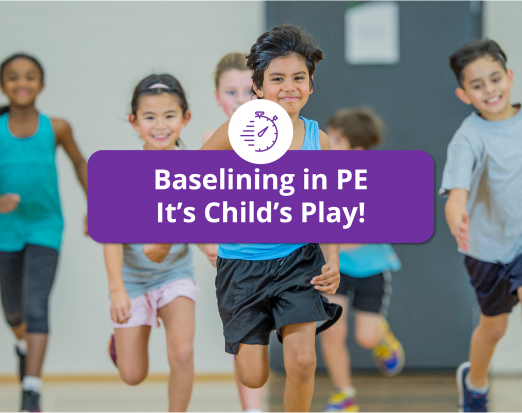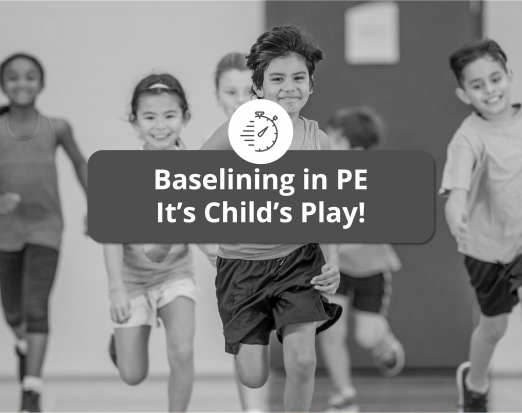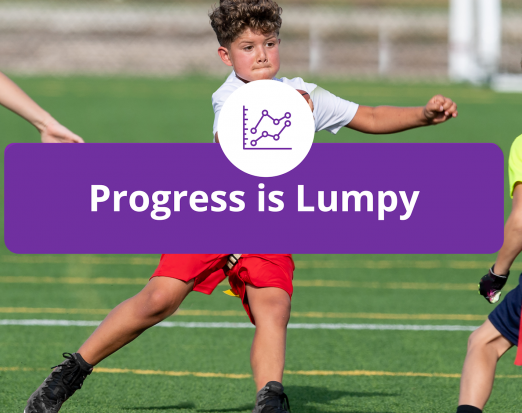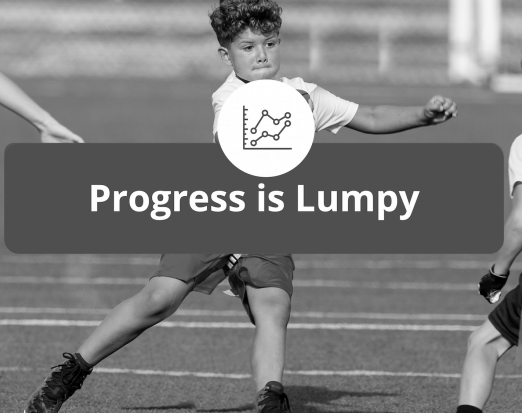Schools: Add Exercise to Lessons to Boost Pupils' Learning & Fitness
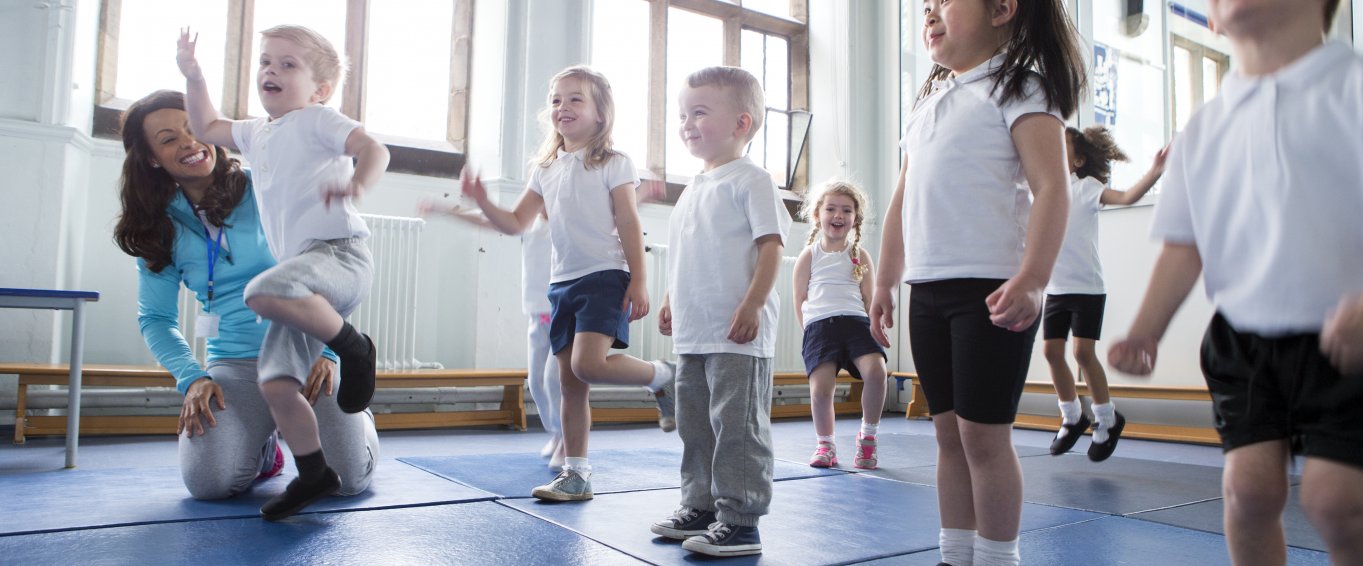
When the National Association of Headteachers met for its annual conference, the talk centred on funding shortages and budgeting dilemmas. Education Secretary Damien Hinds announced plans to grant more teacher sabbaticals, but it wasn't enough to stymie talk of strike action.
In the furore over funding, too little focus was given to a motion for physically active learning. It calls for physical activity to be fully integrated with core subjects in a way that reduces sedentary behaviours and supports long term learning.
It’s the first time this idea has been seriously debated by educators. Though, it's long been popular with child development experts. For years, they’ve stressed the importance of links between physical activity and academic attainment. They say: the more kids move, the better their brains work. Therefore, adding movement to core lessons is an obvious and effective way to help children learn faster.
Making a Case for More Movement
It’s an alien concept to the generations who grew up being told to sit still and learn quietly. We've long associated intelligence with the ability to tame our bodies. Movement is a distraction, fidgeting a sign of inattention. Yet, is this logical, considering what we know about the way children develop?
One study in Yorkshire suggests the opposite is true. It says pupils gave a better academic performance after taking part in physically active lessons. There was a 7% increase in maths attainment from children who used tag style games to learn times tables. This is compared with pupils who learned while sitting at a desk.
It’s supported by a Dutch study that tested the impact of physical lessons in twelve different schools. After two years, there was a significant increase in comprehension and speed for both maths and spelling. Remarkably, the researchers equate this improvement to four months of extra teaching.
Why Fit Kids Have Bigger Brains
It is thought that physical activity is highly beneficial for repetition, memorisation and revision. Evidence suggests it could be a powerful tool in the fight for better exam performance. The big question is, why? Why does exercise boost cognitive ability if learning isn’t reliant on physical fitness?
Well, perhaps we shouldn’t assume this is the case. Physically fit kids are better thinkers, multitaskers, memorisers and decision makers. Exercise increases blood flow to the brain and accelerates neurogenesis, the creation of new neurons. So, there is a physiological link between physical activity and brain function.
For kids with attention deficit disorders, active learning is seen to increase cognitive control. According to a US study, physical activity helps pupils with ADHD shut out distractions and focus on tasks. Participation in sports enhances information processing, behaviour and memory recall.
Giving Every Child a Chance to Thrive
With 1 in 4 children starting primary school overweight, there’s a clear need for physical activity in school. If prolonged sitting is harming learning, there’s even more impetus to embrace active lessons. Teachers don’t need anything special to integrate exercise with the core curriculum. Vigorous movement of any kind – hopping, twisting, bending, catching – is enough to improve brain function and create physical associations that link strongly to learned information.
As little as five minutes of movement, before starting a lesson can have a big impact on focus. It’s why health initiatives like Movement of the Day from Amaven are so valuable. It gives teachers the ability to squeeze physical activity into any lesson, reduce sitting time and improve schoolwide fitness. Head to our Key Features page to watch a video example.
Join Our Healthy Schools Programme for FREE!
We want every child to feel healthy, be active and live life to the full! It's why we launched the Amaven Healthy Schools Programme.
It aims to increase physical activity in schools and provide pupils with a deeper understanding of fitness, movement, healthy eating, emotional wellbeing and more. Alongside FREE access to Amaven software, you'll receive:
- Wellness Kickstart Day Hosted by Amaven Coaches
- Onsite and Online CPD for Teachers
- Impact Reports for Evidencing PE Spending
- Exclusive Lesson Plans & Resources
- Personalised Home Activities for Pupils
- Bespoke Health & Wellbeing Strategy
